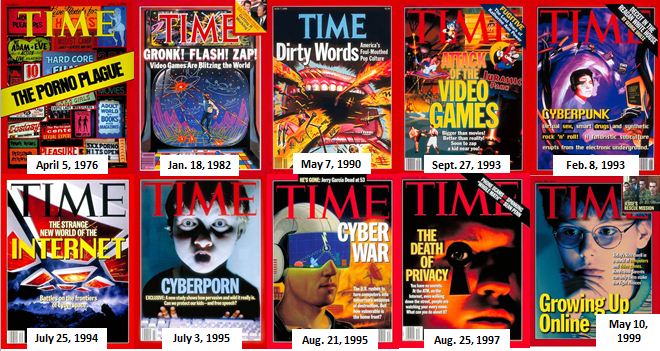For better or worse, my first post here is going to be a rather urgent call to action. I’d like to encourage everyone who reads this blog to register their support for this petition. Entitled, “Say no to the GAC veto,” it expresses opposition to a shocking and dangerous turn in U.S. policy toward the global domain name system. It is a change that would reverse more than a decade of commitment to a transnational, bottom-up, civil society-led approach to governance of Internet identifiers, in favor of a top-down policy making regime dominated by national governments.
If the U.S. Commerce Department has its way, not only would national governments call the shots regarding what new domains could exist and what ideas and words they could and could not use, but they would be empowered to do so without any constraint or guidance from law, treaties or constitutions. Our own U.S. Commerce Department wants to let any government in the world censor a top level domain proposal “for any reason.” A government or two could object simply because they don’t like the person behind it, the ideas it espouses or they are offended by the name, and make these objections fatal. This kind of direct state control over content-related matters sets an ominous precedent for the future of Internet governance.
On February 28 and March 1, ICANN and its Governmental Advisory Committee will meet in Brussels to negotiate over ICANN’s program to add new top level domain names to the root. The U.S. commerce Department has chosen to make this meeting a showdown, in which the so-called Governmental Advisory Committee (GAC) will demand that the organization re-write and re-do policies and procedures ICANN and its stakeholder groups have been laboring to achieve agreement on for the past six years. The GAC veto, assailed by our petition, is only the most objectionable feature of a long list of bad ideas our Commerce Department is dragging into the consultation. We need to make a strong showing to ensure that ICANN has the backbone to resist these pressures
For those concerned about the role of the state in communications and information, I can’t think of a better, clearer flashpoint for focusing your efforts. A great deal of the Internet’s innovation and revolutionary character came from the fact that it escaped control of national states and began to evolve new, transnational forms of governance. As governments wake up to the power and potential of the Internet, they have increasingly sought to assert traditional forms of control.
The relationship between national governments and ICANN, which came into being during the Clinton administration as an attempt to “privatize” and globalize the policy making and coordination of the Internet’s domain name system, has always been a fraught one. Whatever its flaws (and they are many), ICANN at least gives us a globalized governance regime that is rooted in the Internet’s technical commnunity and users, and one step removed from the miasma of national governments and intergovernmental organizations. The GAC was initially just an afterthought tacked on to ICANN’s structure to appease the European Union. It was – and is still supposed to be – purely advisory in function. Initially it was conceived as simply providing ICANN with information about the way its policies interacted with national policies.
Those of you with long memories may be feeling a sense of deja vu. Didn’t we think we were settling the issue of an intergovernmental takeover of ICANN back in 2005, during the World Summit on the Information Society? Wasn’t it the U.S. government who went into that summit playing to fears of a “UN takeover of the Internet” and swearing that it was protecting the Internet from “burdensome intergovernmental oversight and control”? Wouldn’t most Americans be surprised to learn that the Commerce Department is now using ICANN’s Governmental Advisory Committee to reassert intergovernmental control over what kind of new web sites can be created? Ironically, the US has become the most formidable world advocate of burdensome government oversight and control in Internet governance. And it has done so without any public consultation or legal authority.
Please spread the word about this petition and use whatever channels you have to isolate the Commerce Department’s illegitimate incursions on constitutional free expression guarantees.






 The Technology Liberation Front is the tech policy blog dedicated to keeping politicians' hands off the 'net and everything else related to technology.
The Technology Liberation Front is the tech policy blog dedicated to keeping politicians' hands off the 'net and everything else related to technology.